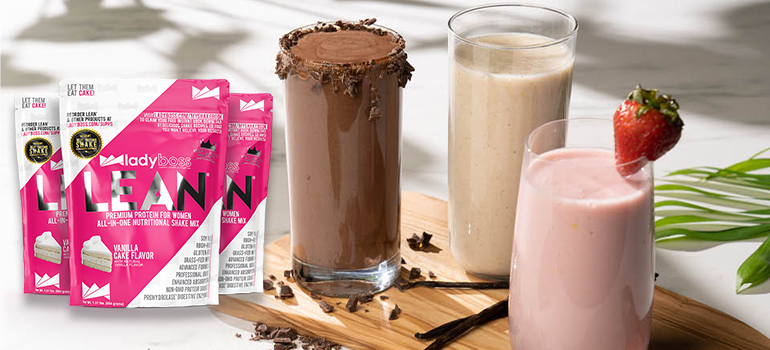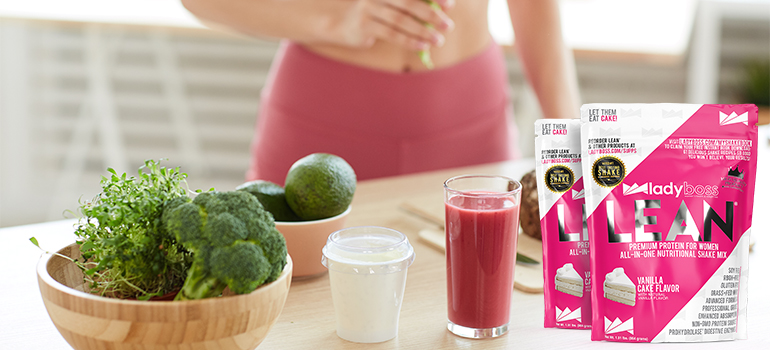Gluten-free protein powder is in demand now more than ever, but how do you know if your protein powder is a gluten-free protein?
In today’s market, the selection of protein powders available is more abundant than ever before. There has also been a rise in people removing gluten from their diet for one reason or another, and as a result, gluten-free protein choices increased.
You can find gluten-free protein options available in both whey (milk-based) protein and plant-based protein sources. And while you can find a list of the best gluten-free protein powders available, the truth is that the best gluten-free protein powder is the one that works best for you and your goals.
Gluten-Free Protein, What To Look For
Whey protein is the most common source of protein found in protein powders. Since whey is a milk-derived protein, it is naturally free of gluten, making it ideal for gluten-free protein powders.

Plant-based proteins that qualify as gluten-free protein powders use various sources such as pea, rice, hemp, and soy, all of which are naturally free of gluten. Plant-based proteins are typically free of any milk-based products, making them ideal for those with milk allergies or vegan. Since they are entirely plant-derived, it is crucial to be aware that it is more common to find gluten ingredients in the plant-based protein powders.

Many protein powders, whey or plant-based, include additives such as flavorings, preservatives, or fillers that can result in a protein powder not being gluten-free. You also run the risk of cross-contamination due to mass production. So it is essential to check any protein powder’s nutrition label for gluten ingredients or see if it’s processed in a facility that uses shared machinery with products that contain gluten. The good news is that most gluten-free protein powders in the market are clearly labeled as gluten-free, making it easier to shop around.
Many gluten-free whey protein powders, like LadyBoss LEAN ®, also work well as replacements for a full meal. Essentially, gluten-free protein powders still offer similar nutritional value as those with gluten. In fact, they can often be healthier for you since they are made with the highest quality in mind, often resulting in fewer preservatives and fillers.
You can also add gluten-free protein powders to tasty foods and supplements, making them extremely versatile. Many protein powders mix well with post-workout supplements, which help double up on muscle recovery following exercise. Or you can find a definitive guide to gluten-free protein shakes and get creative with flavors. You can even help meet your daily protein goals by cooking or baking with gluten-free protein powder. The possibilities are endless.
It’s All About Preference

If you are someone who is looking for or requires a gluten-free protein powder, you have more options to choose from now than ever before. Just remember, while many protein powders that are free of gluten may claim to be the best, read labels and find what works best for you. Always do your research and read your labels. Be willing to try a few and listen to how your body responds.
Choosing a gluten-free protein powder, even if you don’t require a gluten-free option, can certainly have benefits. These include higher-quality ingredients, thanks to more attention to quality control, which can mean fewer preservatives and additives.
But at the end of the day, it is all about preference. Start by asking yourself what your goals are, because finding a gluten-free protein powder that best supports you is the most critical factor when making your decision.
























